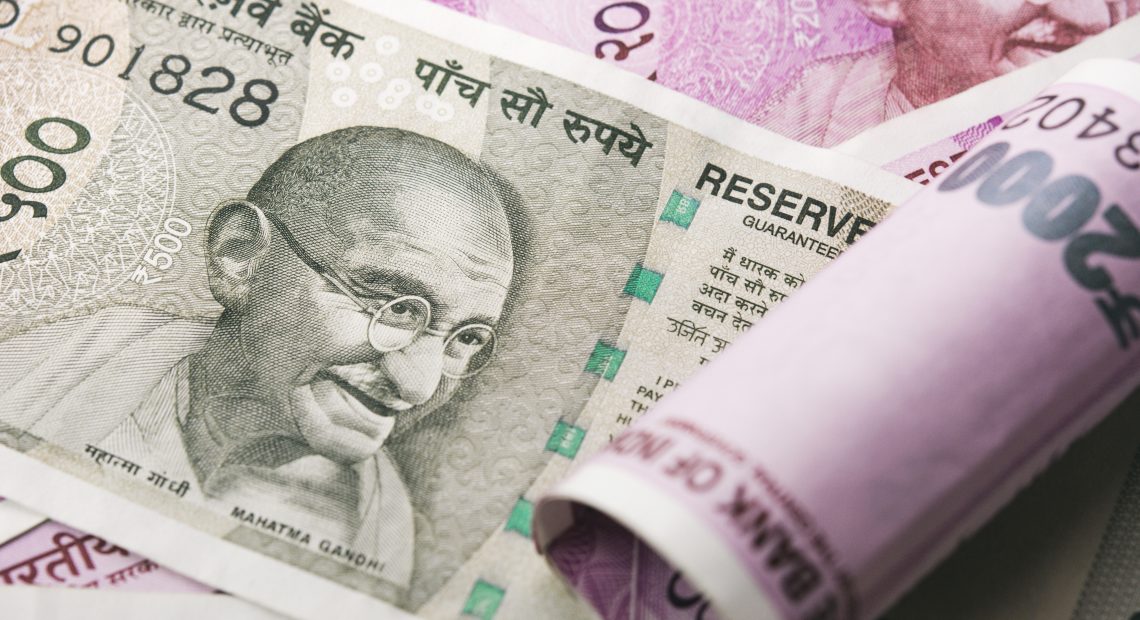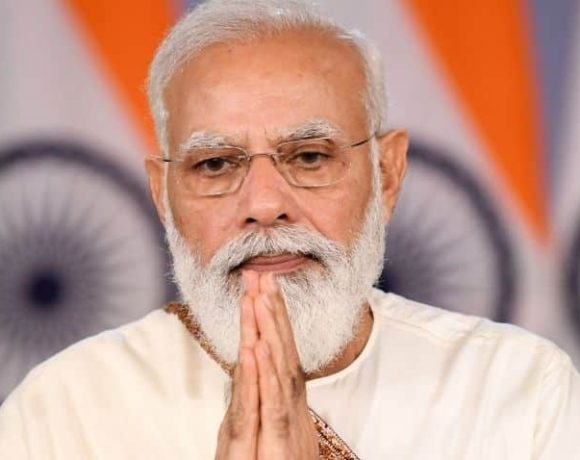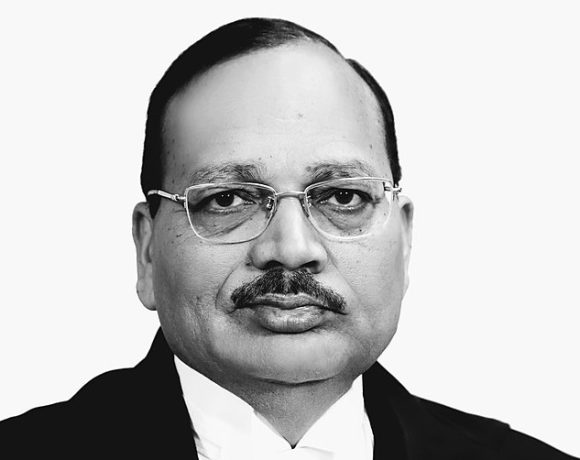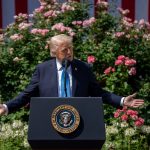
Reserve Bank of India Cuts Repo Rate to 6% Amid Escalating U.S. Tariffs
In response to the escalating global trade tensions and the impact of steep tariffs imposed by the United States, the Reserve Bank of India (RBI) has announced a 25 basis point cut in the key repo rate, bringing it down to 6%. This is the second consecutive rate cut by the central bank in 2025 and comes at a time when India faces renewed challenges in maintaining economic momentum amid external shocks.
The decision was made during the RBI’s Monetary Policy Committee meeting, where the panel assessed the potential economic fallout from the recent trade policy measures introduced by the U.S. government. Among the most consequential developments was the 26% tariff hike on Indian goods exported to the U.S., announced as part of a sweeping set of protectionist measures. This move has raised concerns about a decline in export demand and a possible slowdown in manufacturing output.
RBI Repo Rate Cut Aims to Boost Growth
In its statement, the RBI said the rate cut was aimed at ensuring liquidity and supporting domestic demand in the face of deteriorating global trade conditions. Alongside the rate cut, the central bank shifted its policy stance from “neutral” to “accommodative,” signaling an openness to further easing should economic conditions worsen.
RBI Governor Sanjay Malhotra noted that India’s inflation levels are currently within the target range, giving the central bank room to maneuver. He emphasized that the focus now is on sustaining growth, supporting industries affected by the trade slowdown, and shielding the economy from further external shocks.
India Faces Global Trade Headwinds
The tariff escalation from the U.S. has already affected investor sentiment and shaken stock markets globally, with India’s benchmark indices also reflecting cautious trading behavior. The policy move by the RBI is seen as a pre-emptive step to counterbalance potential demand compression and to encourage credit flow to productive sectors.
Economists have largely welcomed the RBI’s decision, calling it timely and necessary. However, many agree that monetary policy alone may not be enough to combat the impact of an unfolding global trade war, and that coordinated fiscal measures may also be needed to sustain growth.
As India braces for further economic turbulence linked to global developments, the central bank’s proactive stance suggests that it is prepared to act swiftly to maintain financial stability and support economic resilience.


















